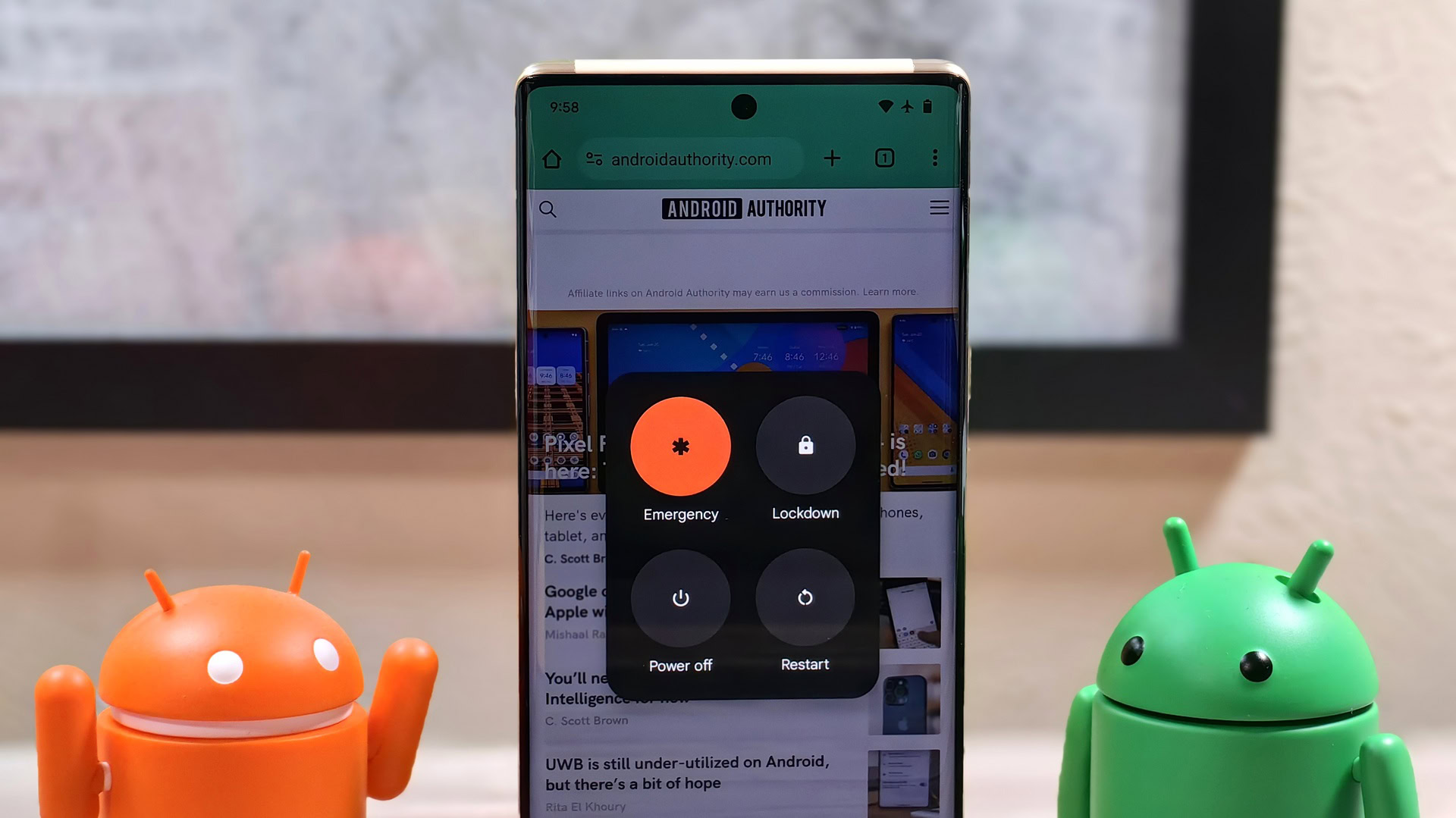Points taken from article:
- Android 15 is adding a built-in mechanism to protect your device from “juice jacking” attacks.
- Charging will be allowed when lockdown mode is enabled in Android 15, but USB data access will not.
- Juice jacking is a largely theoretical problem you don’t really need to worry about, but it’s still nice that Android will protect you against it.



You certainly don’t want anyone jacking your juice without permission.
That’s why I use a USB condom.
Just in case you are joking (or people think you are) those do exist. Basically a dongle with only the power pins on each end.
Your devices will charge slowly or potentially not at all
There are some that do power negotiation on the input side, and then power negotiation on the output side so you can have your cake and firewall it too.
This is only useful if you’re not using your own cable. Otherwise you can simply use a “power only” cable.
But better use the condom dongle for only $59 !
5.49€ for a USB-C to USB-C condom, and I can’t even find a USB-C charge only cable.
Personally, I plug a power bank into the public port and charge my other devices through it. But if an AC outlet is available, that’s all moot anyway.
Well im more worried about people juiceing my phone in a literal sense XD
juce jacking would have to be a targeted attack, as it has to be very specific in unlocking and stealing data.
Not necessarily, if you find an exploit that allows you to install malware without user interaction, Mactans famously did that for an older iOS version.
I’d still argue that making good use of such an exploit and rolling out the necessary, physical infrastructure does not have a great cost/reward ratio.
Just put up a free charging station or an outlet with a USB port in a hotel and you got yourself free USB connections to phones.
I can never bring myself to connect to those things.
Sure. But the number of targets you could acquire there is miniscule compared to simpler delivery mechanisms, via a malicious app download, for example, and you have larger costs (hardware) and added risks, e. g. being captured on CCTV during installation.
That’s why I said, the cost/reward ratio is really off.
Ios is funnily enough more prone to such attacks as its always the same chipset with always the same OS. Android in comparison has hundreds of different OS versions and many different chipsets.
Why? I have never heard of this happening
https://youtu.be/KWqw5SpITg8